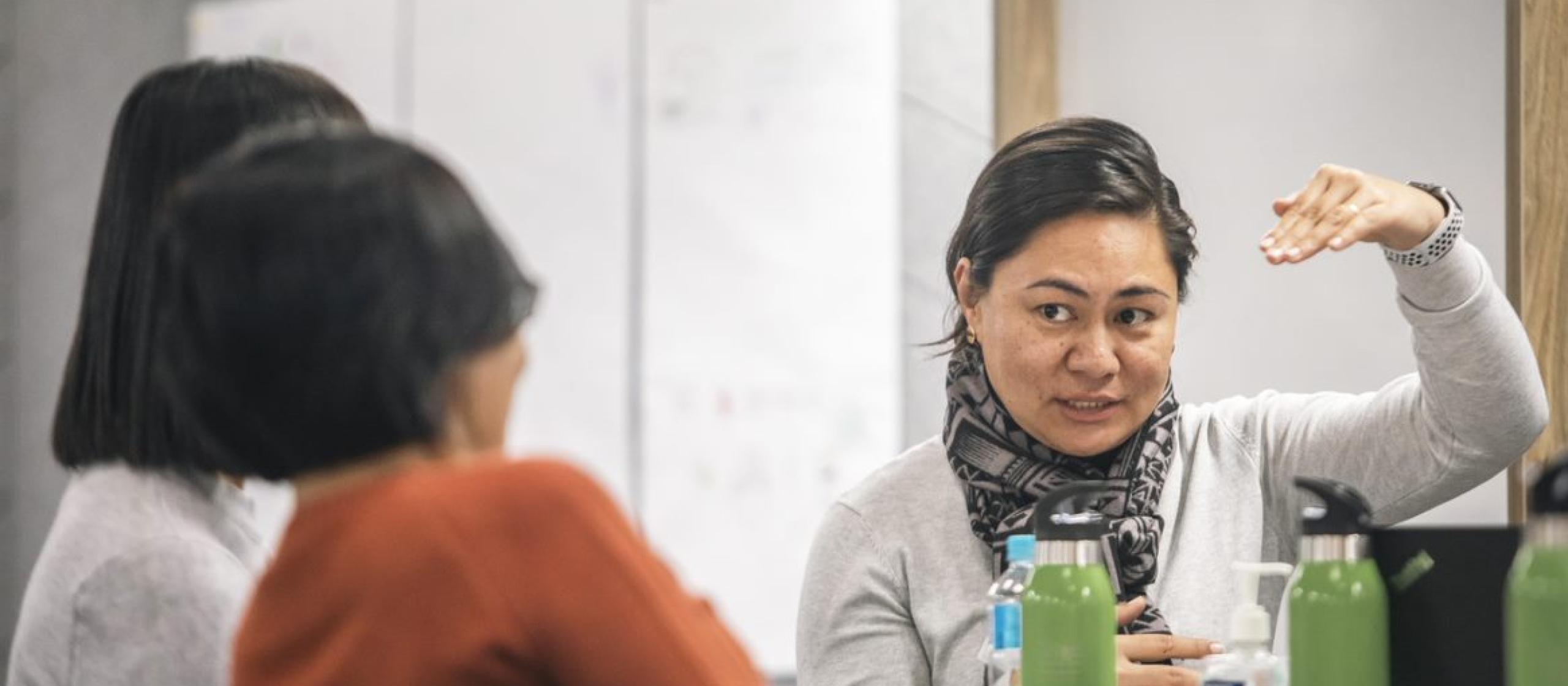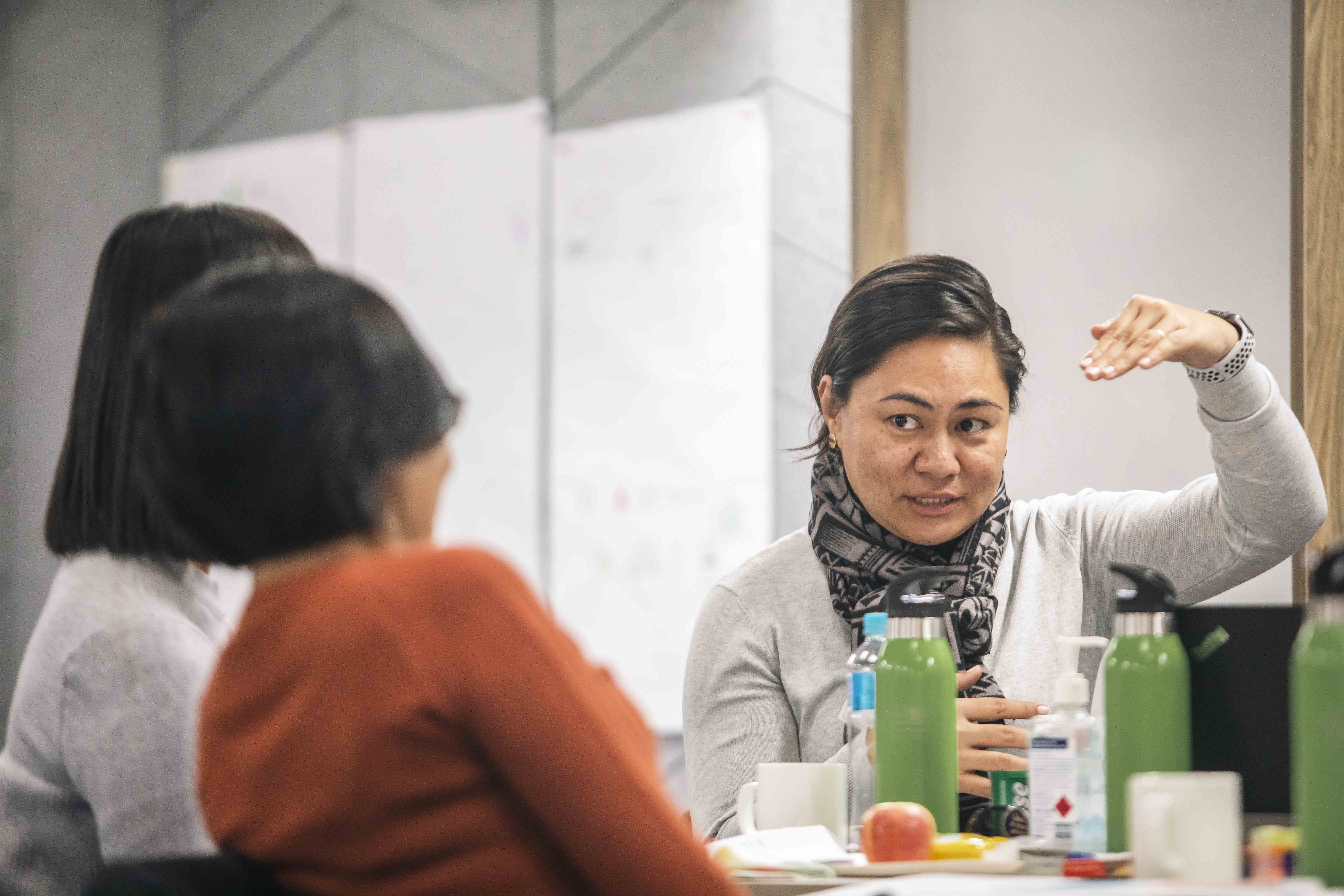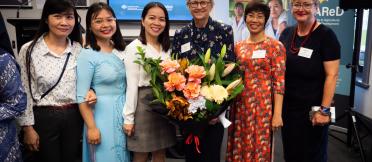Dr Seeseei Molimau-Samasoni hesitated when she was first approached to apply for the Meryl Williams Fellowship – a leadership and management program to support female agricultural researchers in the
As manager for the Plants & Postharvest Technologies Division at the Scientific Research Organisation of Samoa (SROS), she already had a full plate, leading several projects aimed at improving food security and people’s health.
Plus, she was sceptical about whether leadership could be taught. ‘I was wondering, “how are people going to teach me to be a leader?”,’ remembered Dr Molimau-Samasoni. ‘I thought being a leader was just something that you learnt along the way, as you experienced it.’
Today, as she approaches the end of the fellowship program, she is pleased to stand corrected. Dr Molimau-Samasoni said the insights she has gained through workshops and the people she has met, have helped to make her a better leader, improving work relationships and outputs.
‘In fact, I wish I had the opportunity to do a program like this a lot earlier in my career. It showed me some wonderful things that have enabled me to be a much more effective leader in my organisation.’





